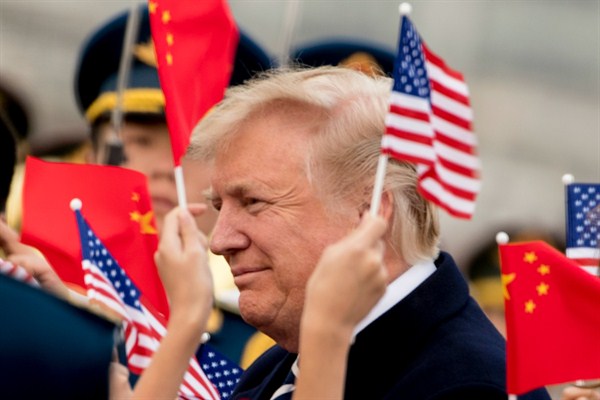A year ago today, Donald Trump’s victory in the U.S. presidential election stunned observers in the U.S. and around the world. During the campaign, Trump had repeatedly violated the norms of acceptable behavior by a mainstream political candidate, with no apparent cost. He also questioned the conventional wisdom and broad bipartisan consensus that had underpinned U.S. foreign policy since as far back as the start of the Cold War, particularly with regard to America’s global role and alliances.
In the immediate aftermath of the surprise result, Trump’s election raised several questions. Coming on the heels of the Brexit referendum and in the run-up to key elections in the Netherlands, France and Germany, would it usher in a string of further electoral upsets and upend the political status quo in Western Europe? Would Trump stay true to his outsider rhetoric once in office and remake U.S. foreign policy to implement his “America First” agenda? And would that in turn spell the end of the liberal international order that the U.S. had helped build and backstop since the end of World War II?
At the time, there was no way to know for sure what the answers to these questions would be. And since his inauguration in January, uncertainty has continued to be the hallmark of Trump’s presidency. In fact, the only other word that might rival it to describe his time in office would be chaos. Still, in the intervening nine months, some of those questions can now be answered.

